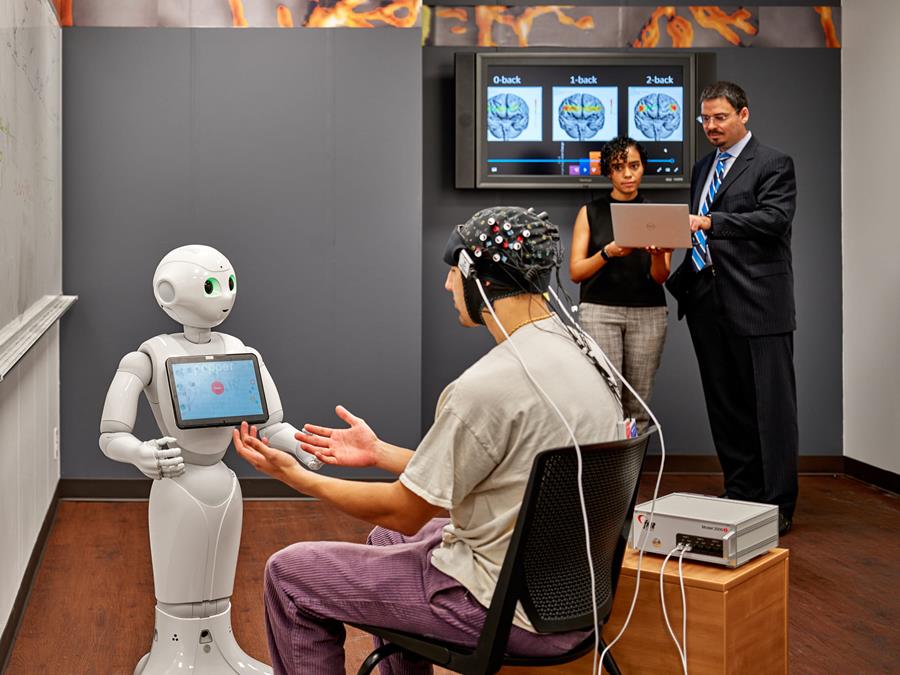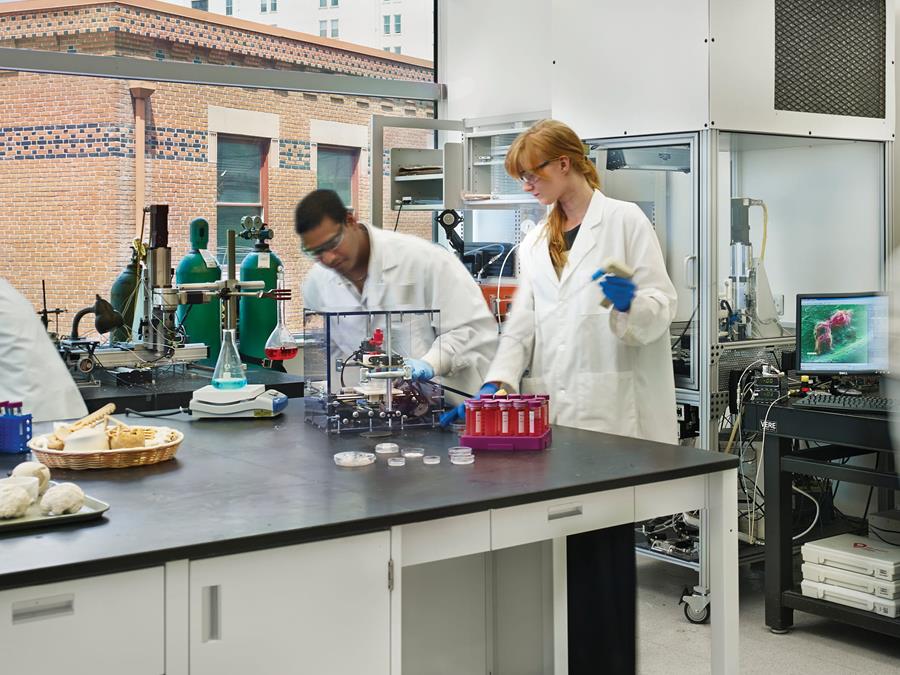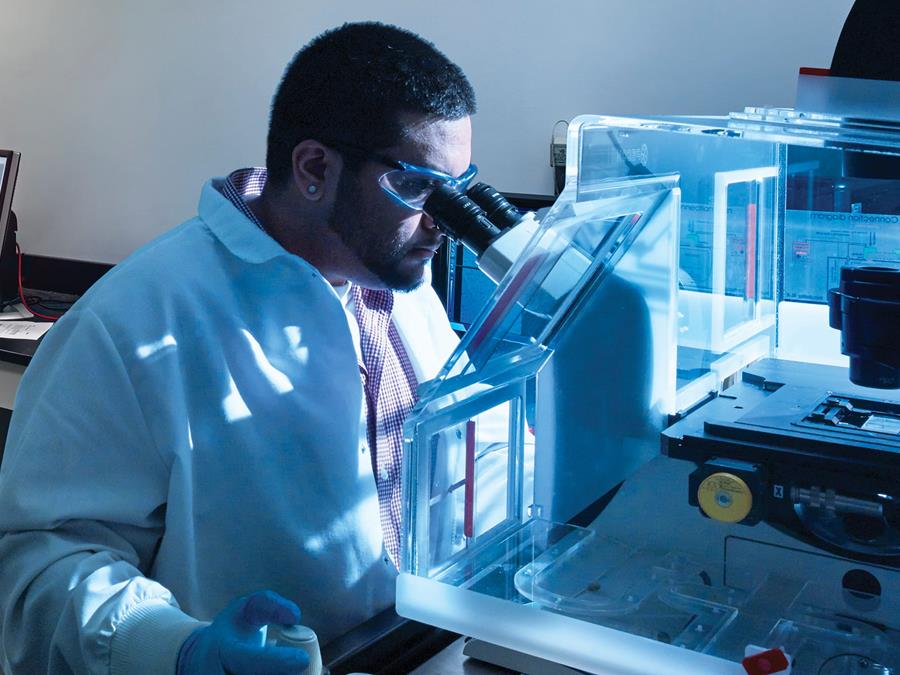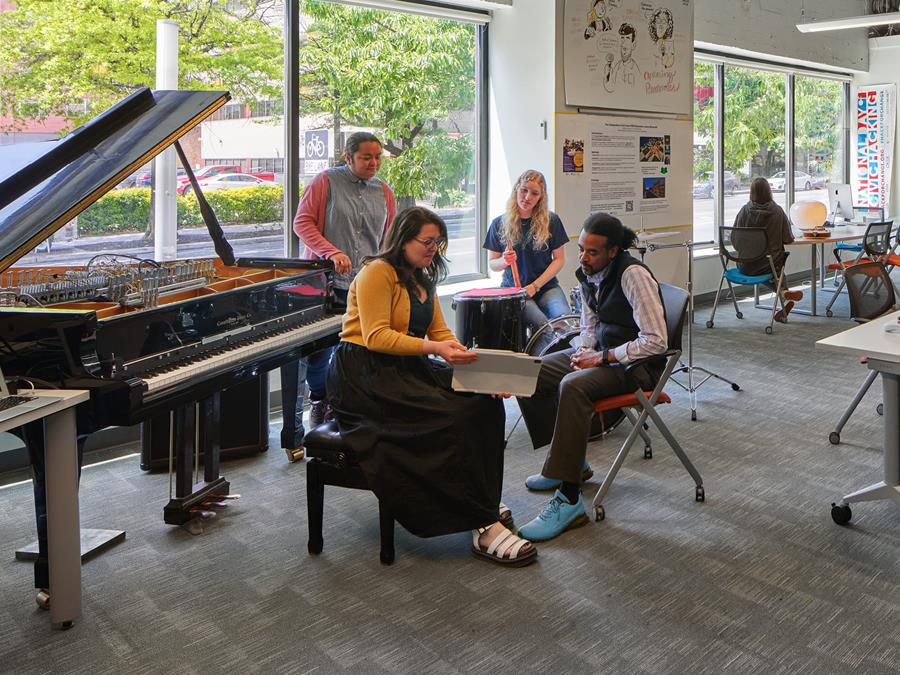Milestones





Investing in Research Resources & Tools
Federal Research Statistical Data Centers provide qualified researchers access to extensive non-public micro-data from federal agencies, enabling advanced research across disciplines like economics, sociology, medicine, and criminology.
Drexel University has an enterprise license for LabArchives electronic research notebook (ERN) services for use by its faculty, researchers, staff, graduate students, and undergraduate students in performing or learning research activities.
Academic, industry, and government are working together to solve societies most pressing current and future challenges. Through memberships and affiliations, we are facilitating collaborative research and development opportunities for faculty and students.
Supporting and Recognizing Research Excellence




ORI Team & Partners



Stay connected to the ORI!
View an archive of ORI's important announcements.
Stay up to date on the COEUS Replacement Project via the new Novelution Hub!













